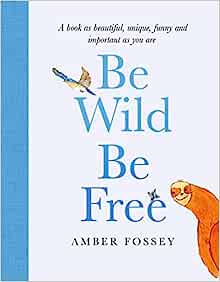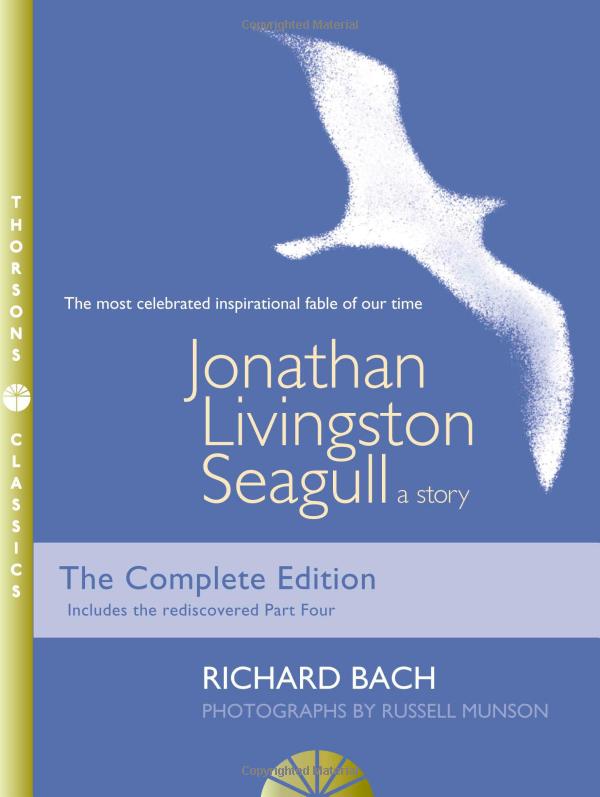The one thing all writers know they should do is to set specific goals; what writers tend to do instead is set vague goals. It’s common for creative types to suffer from a crushing fear of failure, therefore by not seriously committing to goal achievement, failure isn’t an option. Nor is success.
Let’s be honest, unless you can write 5000 words an hour, a book is a moderately long term project and requires a lot of time, work and energy to complete. The thought of doing all that work to see your book completely bomb means that many people will be put off before they even start; but the serious writer who is prepared to risk spending precious time on a project that may never be successful will need tenacity by the bucket load. This is where setting goals is the best option to keep motivated. You can’t wait for the creative muse to strike; what if that happens only once a year? Inspiration needs to have boundaries just like a wayward child; it simply can’t be allowed to show up only when it feels like it.
You may have heard of SMART goals. They are Specific, Measurable, Achievable, Relevant and Time-bound. Let’s break that down.
- Specific – Don’t have a goal like ‘Do some more work on my book’. Instead, say ‘Write 1000 words a day every day this week’.
- Measurable – If you are now writing that 1000 words a day, keep track of them. Maybe a spreadsheet or just a simple notebook; anything that measures the results you are getting and making sure you are building on your commitment.
- Achievable – Only set goals that are realistically achievable to you. You may know writers who can finish a book in a week but if that is impossible to fit into your schedule, don’t put yourself under that kind of pressure. If its feasible for you to write a chapter in a week, then set that as your goal.
- Relevant – Only set goals that relate to your desired outcome. FOCUS is another acronym that is good to remember: Follow One Course Until Successful. It’s an annoying trait of the creative mind to go off at all kinds of tangent, but you need to focus on the things relevant to your current project.
- Time-bound – You need to set deadlines that are not too far in the future. ‘Finish my book this year’ is just too vague and will present you with a time span that is too loose. Break it down to something like this: Finish my first chapter by April 30th.
It’s not easy to stay committed to your goals. We all make excuses; we’re too busy, too tired, too hungry, it’s nice and sunny outside, our favourite show is on; the excuses for not writing just keep on coming. You need to ask yourself one question: How bad do you want it? If the answer is what I think it is, then you need to give yourself a strong talking to. Imagine your teenage son comes to you and says “I wanna join the police force and there’s an open day in three months time so I need to get fit by then.” What are you going to reply? Well, hopefully you are going to encourage him to work at his fitness. What then if he comes to you on the eve of the open day and says; “I’m not fit enough to go to the open day: I haven’t been working out because I’ve been busy and tired.” My guess is that you would call him some choice names and let him know in no uncertain terms that the fact that he hasn’t achieved his goal is his own fault and he should have been more committed. Ummm….but isn’t that what you do when it comes to writing your book? It’s very easy to see where other people are going wrong.
Goal setting is also about forming all those mini-habits that will help. Actually sitting down at your desk is the first big step, so find a way to do that for at least ten minutes in the morning. Next, get into the habit of actually starting to write the minute you sit down. Don’t trawl the internet or play a quick game of Candy Crush; open a Word document and set yourself a goal of writing a paragraph in those ten minutes. Make it a habit that becomes set in stone. Steve Scott has many books on writing and forming habits and he is a prolific writer of Kindle books on these subjects. Harnessing the power of habit will help you achieve those SMART goals.
However you manage to reach those writing goals, make sure you commit to it fully. This time next year you want a book to show for your efforts, you certainly don’t want to be still saying: “I want to write a book this year.” Life has a habit of making time disappear before we’re even aware of it passing.; don’t fall into the trap of thinking you have all the time in the world; you don’t.




